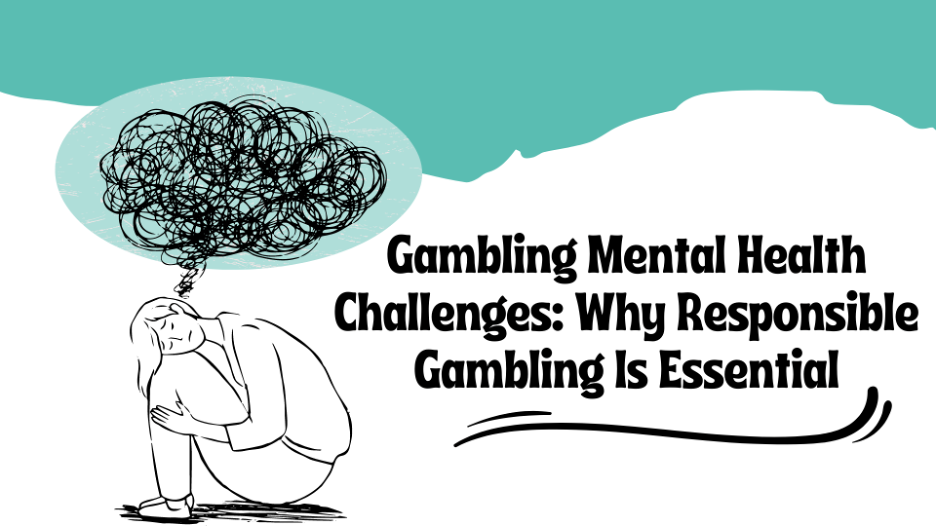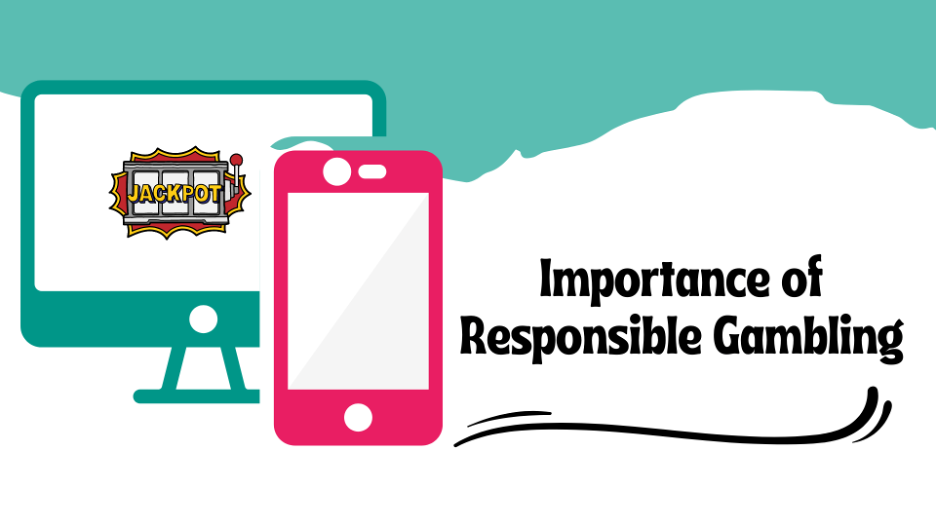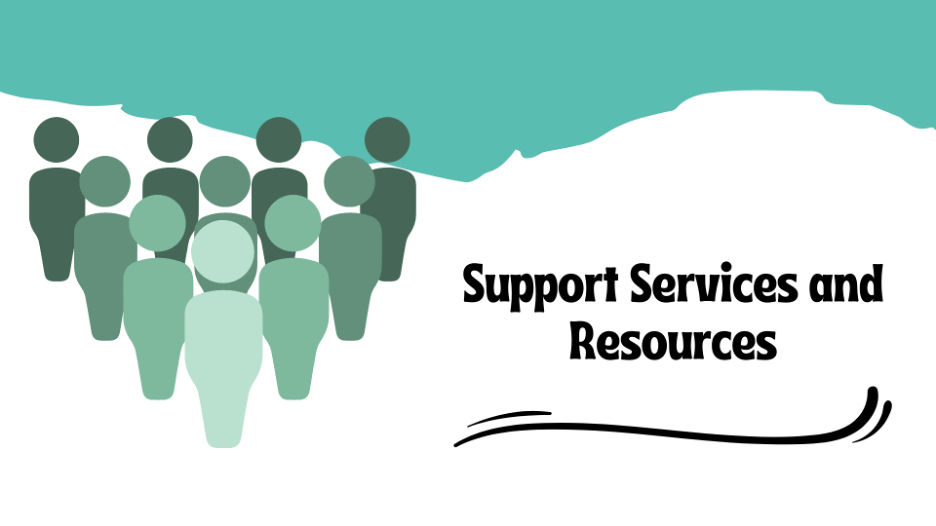
Numbers say that 5% of the world population struggles with gambling addiction. And it doesn't seem serious until you realise that this means 580 MILLION people in the world. It equals the whole population of North America! Sure, the problem must be solved, and there already are some solutions.
To understand the problem even better – not only medically addicted people suffer. Studies show that every tenth person who ever gambled struggled with controlling their behaviour. Casino games are indeed tempting and use all possible triggers to make us play and spend more. So, here is how the world works with the issue.
Common Mental Health Challenges in Gamblers
Defining the issue is half the way of solving it. So, what particular symptoms do people experience?
- You feel anxious. Each player feels the thrill when spinning the slot reels – of course, you do; this is your own money! But suffering from panic attacks and hard anxiety symptoms is the first sign of addiction.
- Physical signs. Actually, there is a trick to defining whether your gaming is problematic—listen to your body; it never lies. If your hands shake, you sweat, or you feel cold when placing a stake, it is problematic behaviour.
- Inattentiveness. You played the whole night and didn’t notice? Your card is empty, and you don’t remember where all the money is? Most probably, it is an attention deficit, another sign of addiction.
Here is a useful lesson – gambling doesn’t start when you spend your savings and sell the house items. It all begins with slight changes in your brain. Feel too excited about today’s gambling session? Bad news for you.
Importance of Responsible Gambling

Luckily, all casinos are obligated to promote responsible gaming. And no, an article called “Play Responsibly”, hidden somewhere in the menu, doesn’t count. A good gambling platform follows the real rules of responsible gaming offered by local authorities.
First, these are self-excluding options. Here is how: you address the support of the casino or local authorities (for example, GamStop in the UK). They collect your IP and block you from all the casinos in your country. Want to play again? Wait for several months or even years. Sure, there are sites not on GamStop for British users at NonGamStopBets.com and independent platforms that are still available. And that’s when other options come to mind:
- Deposit limitation. A casino must offer some limitations for your payment methods. For example, you can set the limit to deposit or spend within one day, week, or month. Here is the problem – you cannot set the limit for all casinos at once. So, reaching the limit at one platform, a user goes to another one.
- Time limits. Like money restrictions, you can set the amount of time you can spend in a casino. It is a good thing for those who suffer with time management.
- Reality checks. It sounds banal, but research proves that they work. Every 15-20 minutes of gambling, you receive a notification. Its purpose is to distract you and make you "check" reality. Are you still here? Can you control the process?
Not enough for gamblers with medical conditions, these measures can indeed help. Here's the thing—they are not a solution but rather a preventive measure.
How to Promote Awareness and Education
Have you ever thought, “I definitely want to read some materials about responsible gaming this evening”? Bet you haven’t. And that’s the thing – people receive useful information on gambling addiction from TV only when they are already addicted.
That is why governments and public organisations search for new educational methods. First, they plan to introduce responsible gambling courses in schools and colleges. This is good for a new generation, but what should adult gamblers do? For this, the gambling authorities invented the most obvious way—to talk about gambling on gambling websites!
Here is how: all reputable software providers must post the rules of responsible gaming in their titles. Additionally, the casino itself is obligated to warn you about risks and offer support. Finally, governments actively fight against unlicensed casinos that are not obligated to do so. With such an approach, a new gambler should receive all the necessary lessons before even starting to play.
Support Services and Resources

You already know about the local gaming authorities – sure you do, since each local casino has its license. But they only help with casinos registered in your country. Moreover, some people are frightened about addressing them. What if somebody will know? For such cases, there are international and independent organisations that made a digital transformation:
- International Center for Responsible Gambling
- GamCare
- Gambling Therapy
- Responsible Gambling Council
- European Leisure and Gambling Association
Unlike local authorities, they won't block casinos for you. They simply have no right—all listed organisations are public and not connected with any government. So, it is a good option if you are scared of serious measures. You can receive a session with a therapist or read useful materials.
Conclusion
Here is some sad truth – no organisation will help if you don't want it. Despite being a medical condition, gambling addiction is also about personal choice. Also, people who already suffer from mental disorders are more likely to become addicted – so don't even start if you already struggle with mental issues. Finally, always address the supporting organisations when feeling signs of addiction.
This article is part of the HealthManagement.org Point-of-View Programme.























